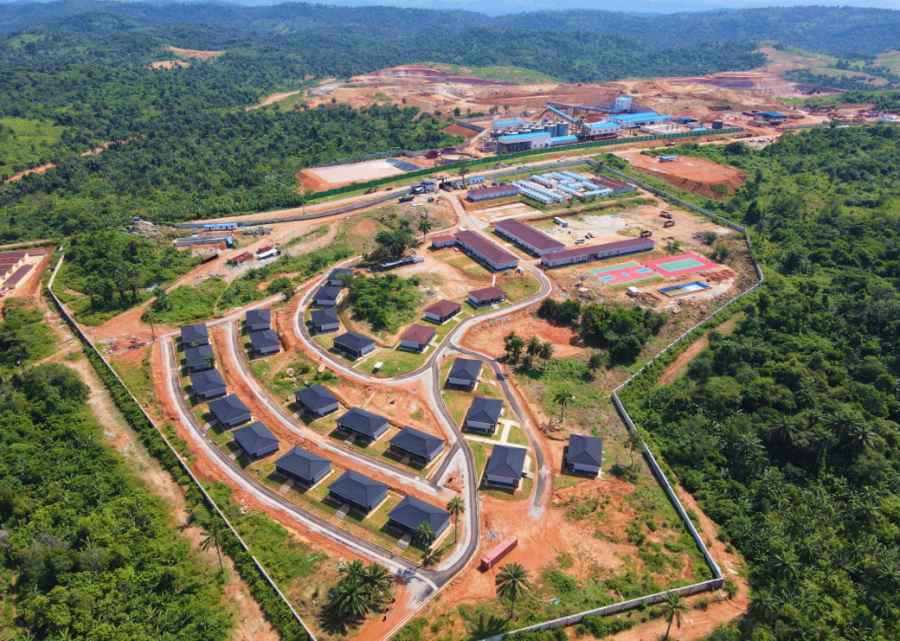Thor Explorations Ltd, a Canada-based mineral exploration company with interests in Nigeria, Senegal and Burkina Faso, has launched a Nigerian subsidiary to explore the country’s lithium potential as Africa’s biggest economy seeks to diversify its economy beyond oil and gas.
Newstar Minerals Ltd, Thor’s newly formed Nigerian subsidiary, is looking to develop its first large-scale lithium mine in the country.
The company has already acquired over 600 kilometres squared of granted tenure covering two known lithium bearing pegmatite deposits and one large unexplored prospective pegmatite-rich belt.
Located in Nigeria’s southwest, the tenure covers West Oyo, Kwara State and Ekiti State lithium project areas. Initial field inspection and selective sampling of key sites have returned significant lithium grades from both hard-rock spodumene and lepidolite mineralisation, the company said. It will also continue to prioritise explorations at Segilola gold mine in Osun State, also in Nigeria.
“While gold remains fundamental to our growth strategy, we consider the virtually untapped lithium potential of Nigeria to be an opportunity that is too good to miss,” Chief Executive Officer at Thor Explorations Segun Lawson said in a company statement, adding the company will leverage its established in-country presence, experience and first-mover advantage. “We intend to develop both businesses (gold and lithium) without any shareholder dilution.”
In 2021, Thor Explorations poured first gold from its Segilola mine as Nigeria’s first industrial gold project entered production. The company spent nearly $100 million to build the mine. Africa Finance Corp., the company’s largest shareholder, provided an $86 million debt-equity financing package.
Thor said the Segilola plant produced 98,006 ounces of gold in 2022, which was its first full calendar year of commercial production.
Boosting economic growth with mining
Nigeria, Africa’s largest oil producer, has substantial untapped deposits of metals including gold, zinc, lead, iron ore and lithium, but nearly all extraction takes place informally on a small-scale or manual basis. As a result, crude oil sales have continued to account for more than 75% of export earnings, leaving the country vastly reliant on oil.
Successive governments have pledged to significantly increase mining’s contribution to gross domestic product, which currently stands at less than 1%.
In 2017, the World Bank provided around $150 million to the Nigerian government to develop the mining sector, attract investments and enhance its contribution to the economy.
Since then, the mining sector has witnessed some sustained growth in its contribution to the country’s GDP, contributing 0.85% in 2022 haven grown from 0.18% in 2018.
Mining made up 4% to 5% of Nigeria’s GDP in the 1960s and 1970s, before major operations shut down and crude oil became the government’s major driver of revenues.
The new administration of President Bola Tinubu says he wants to boost Nigeria’s GDP by stimulating the growth of non-oil sectors, giving hopes to the revival of some key sectors, such as mining, that were underperforming.

